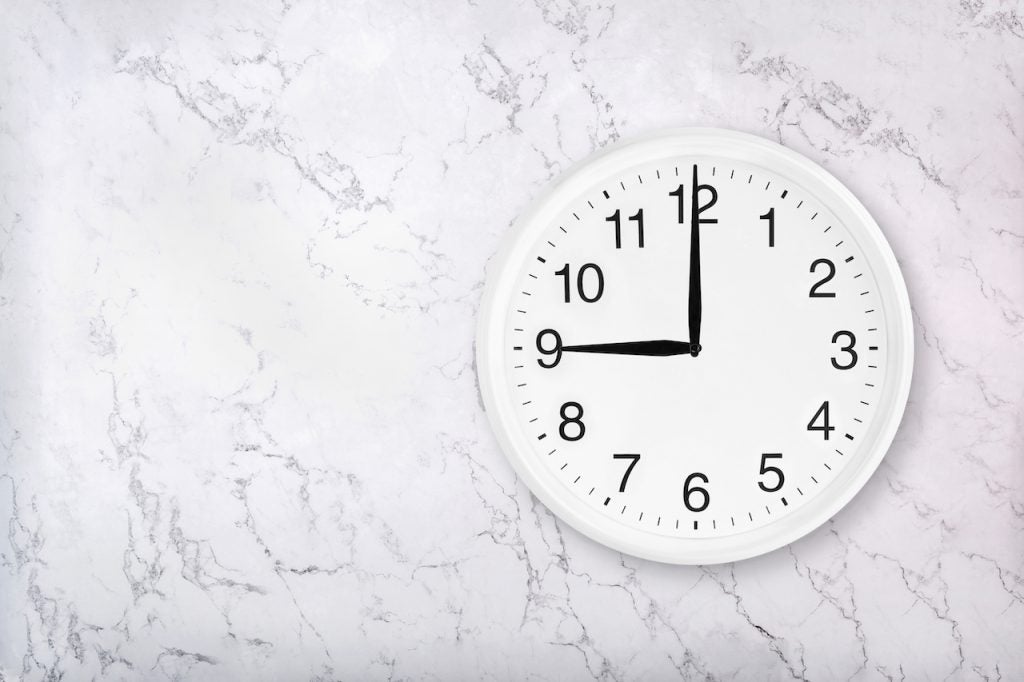As the millennial generation are getting a little older, they’re beginning to fulfil management positions or build their own business. A new generation at the top means companies are quickly having to adapt to the millennial working culture. So what does that mean in reality? We predict what the future of the workplace will look like with a primarily millennial team in charge:
1. Streamlined communications
A millennial manager would never host a long, inefficient meeting, finding it unproductive and an ineffective use of their time. In fact, millennial leaders are often hesitant to do anything that does not have measurable results. For this reason, boardroom meetings may be eliminated and replaced with modern communication channels, such as daily stand-ups, video calls, online messaging systems, and digital collaboration areas.
2. Abolished ‘working day’
The 9-5 workday is quickly becoming outdated, and millennial leaders and managers may decide to eliminate working hours altogether. Instead of giving an employee a set amount of hours to work in a week, the future workplace may have a results-only focus which gives employees the freedom to work the hours they wish – providing they complete tasks and meet deadlines. You could introduce this way of working to global teams first, given that they work across different timezones (and therefore outside the 9 – 5) already.

3. No physical workplace
The future workplace may be no workplace at all. Prior to COVID-19, the work from home revolution was gaining traction. Post-lockdown, however, many businesses and employees have discovered the benefits of operating with a remote workforce. From more free time to reduced operational costs, the remote revolution is expected to continue as more millennial employees take management positions.
Creating a positive working environment is key, and so millennial leaders should encourage their employees to work from whichever environment they prefer, whether that’s from home, a café, on the road, or the traditional office. Dispersed teams will need to rely on digital workplace systems – such as project management software and document management systems – to stay connected and productive.
4. Revolutionise the work/life balancing act
Millennials will change the work/life balance for good. As a generation that has grown up with mobile phones, millennials understand that anyone can be reached at any time. This will help them to ingrate work into their lives more productively, such as by answering emails on the morning commute (if they have one), and therefore reducing the time spent in the office.
5. Eliminated hierarchies
Many millennial managers may have been stuck in minimum-wage roles or entry-level positions for years, and as a result, will seek to eliminate traditional hierarchy business structures. For example, tasks and projects will be assigned based on skill and passion rather than company position or job title. Millennial managers are constantly looking for new talent to keep their companies engaged with the modern consumer, and eliminating traditional hierarchies is one way to achieve this.
6. Greater collaboration
The outdated “dog-eat-dog” culture of the past was often seen as necessary to succeed in business. But the future millennial managers and business owners will have a greater appreciation for collaboration and partnership. From partnering with a brand to give a complete customer experience, to highlighting other organisations with the same values, millennial-driven companies will place more importance on collaboration, not only within their business, but for their brand as a whole.

7. Personal leadership
With Glassdoor and recruitment websites already posting reviews of businesses from an employee perspective, millennial leaders will place greater focus on employee wellbeing and employee satisfaction. A key part of this will be ensuring employees have regular communication with management and executive employees. Leaders will take a more hands-on approach to management and look to make personal, meaningful connections with their employees, rather than treating them like numbers.





